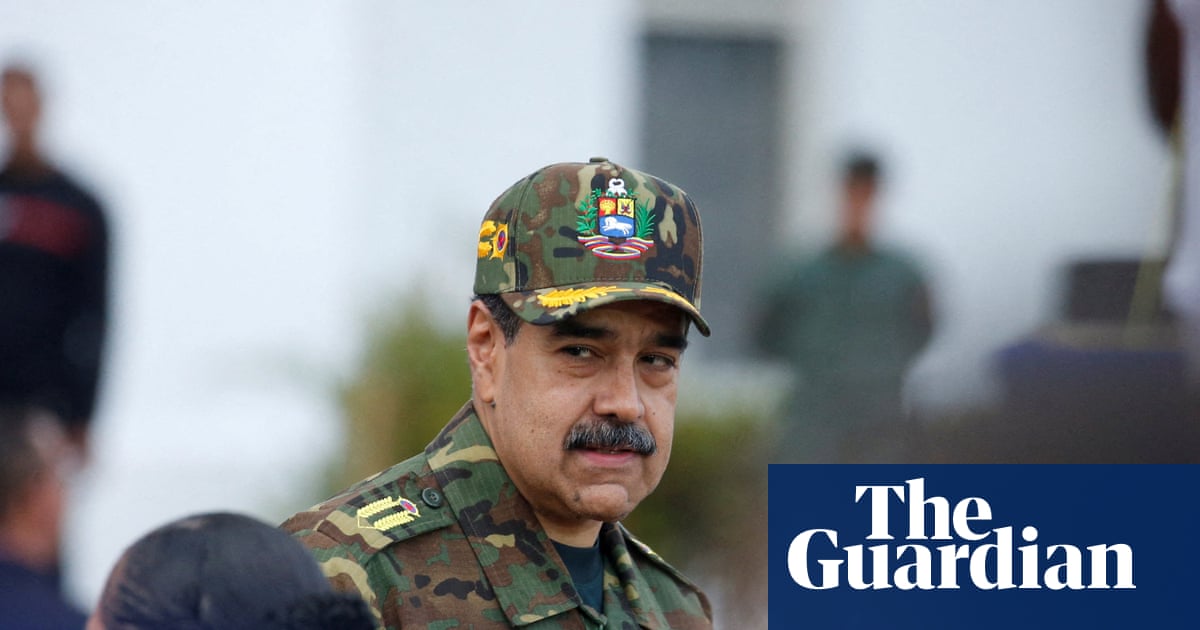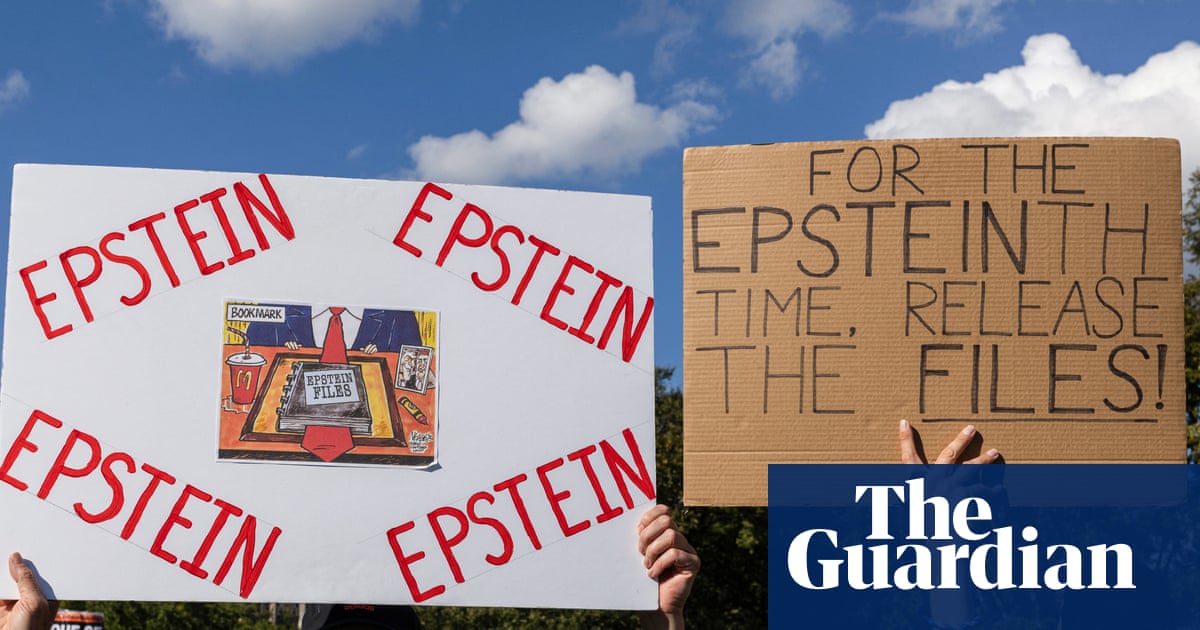(Reuters) -Cornell University said on Friday it had reached a deal with President Donald Trump's administration to immediately restore more than $250 million in research funds that were frozen in April.
Cornell President Michael Kotlikoff said in the statement the university would pay the government $30 million and invest an additional $30 million in agricultural research over three years as part of the agreement. He stressed his university had not been found in violation of U.S. civil rights laws in any government investigations or compliance reviews, which the administration has agreed to close.
Secretary of Education Linda McMahon said on X that the Cornell deal was another victory in the push to end what she called “divisive DEI policies” at Ivy League universities.
In April, citing what it called insufficient efforts to curb antisemitism, the administration froze funding to the university, which is based in Ithaca, New York.
PRESSURE ON UNIVERSITIES
The Trump administration has been pressuring top U.S. universities over pro-Palestinian student protests it has labeled antisemitic and policies designed to increase diversity that the administration has condemned as discriminatory. The administration has also targeted diversity, equity and inclusion programs at banks, corporations and law firms.
Some law firms have fought back, with four successfully suing the administration to block orders restricting their work. Harvard, the richest and oldest university in the U.S., has also been targeted and launched a legal battle, but continues to explore a settlement. Trump said in September that a deal with Harvard was close.
Columbia University and other schools struck agreements over the summer. Columbia agreed to pay over $200 million to the U.S. government in its settlement and had earlier acquiesced to a series of demands that included scrutiny of departments offering courses on the Middle East and other concessions that were widely condemned by U.S. academics.
The agreement struck with Cornell appears to address concerns raised by academics, explicitly stating that "The United States does not aim to dictate the content of academic speech or curricula, and no provision of this Agreement, individually or taken together, shall be construed as giving the United States authority to dictate the content of academic speech or curricula."
In his statement, Cornell's president said, "The agreement explicitly recognizes Cornell’s right to independently establish our policies and procedures, choose whom to hire and admit, and determine what we teach, without intrusive government monitoring or approvals.”
(Reporting by Andrew Hay, Bhargav Acharya and David Ljunggren; Editing by Caitlin Webber, Donna Bryson and Rod Nickel)

 German (DE)
German (DE)  English (US)
English (US)  Spanish (ES)
Spanish (ES)  French (FR)
French (FR)  Hindi (IN)
Hindi (IN)  Italian (IT)
Italian (IT)  Russian (RU)
Russian (RU) 























Comments